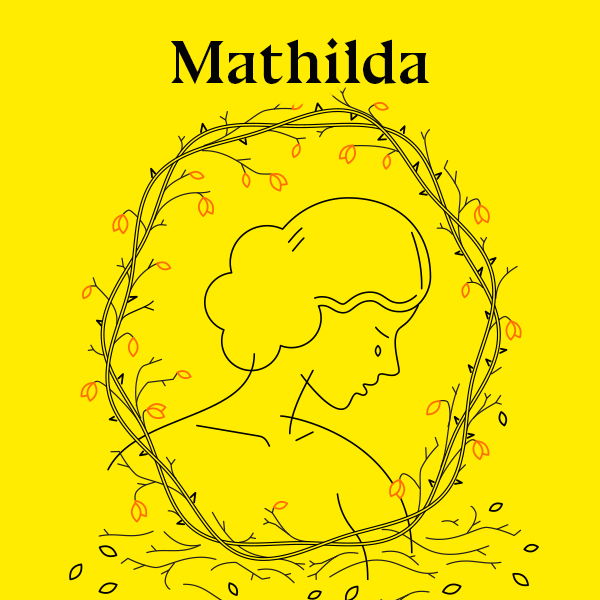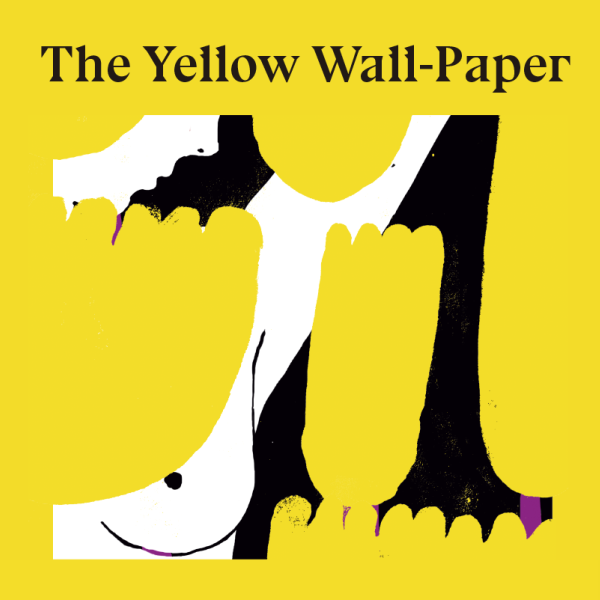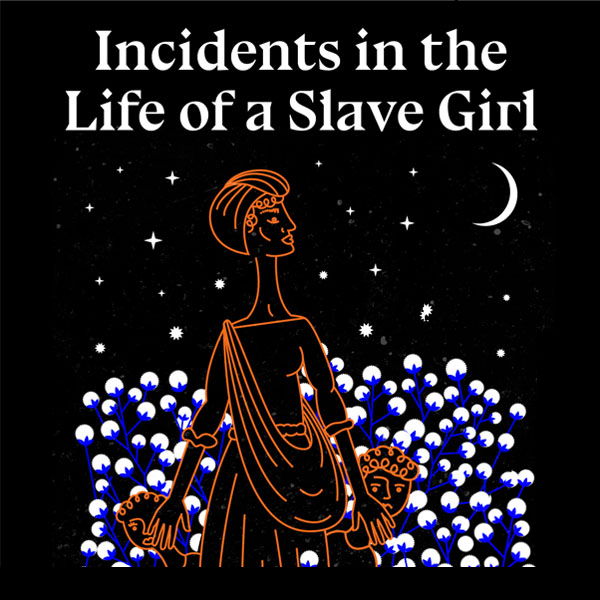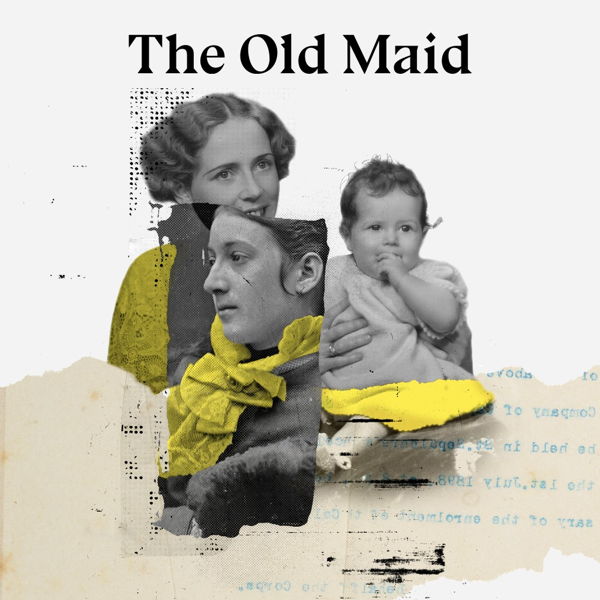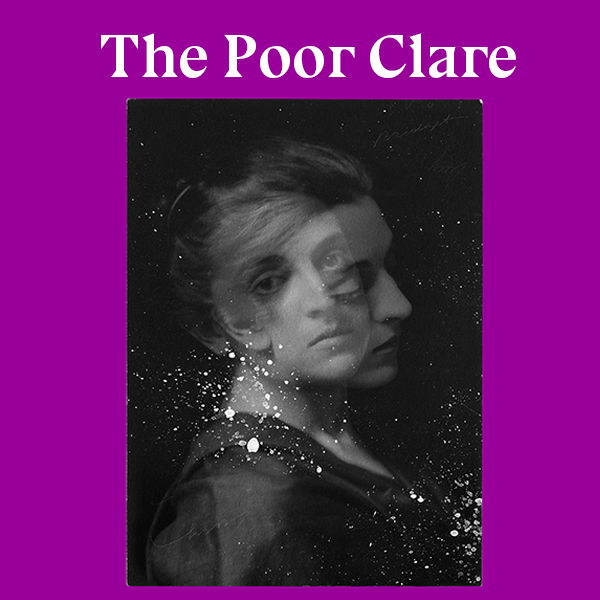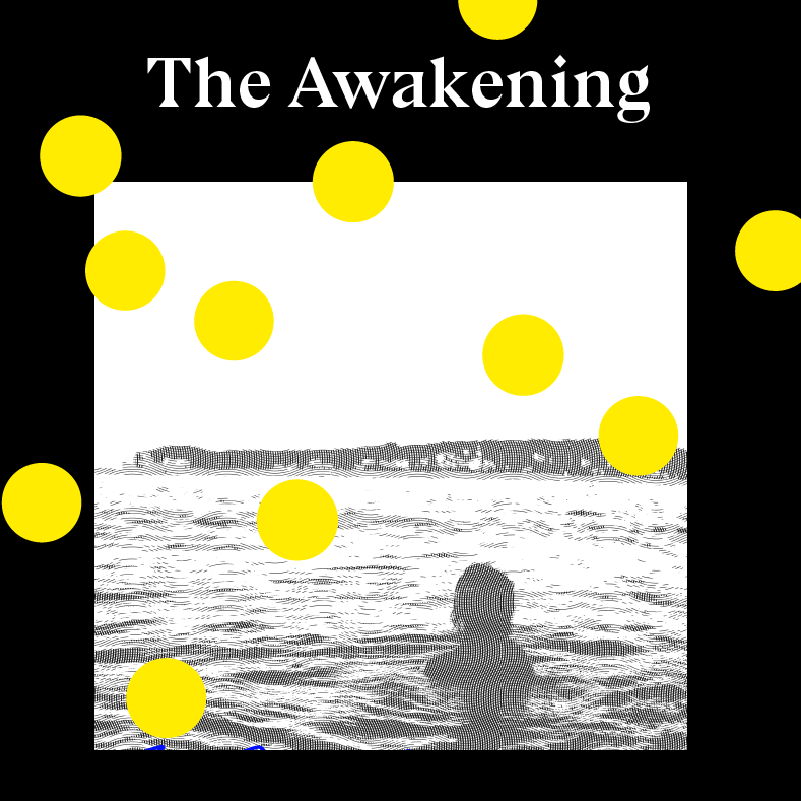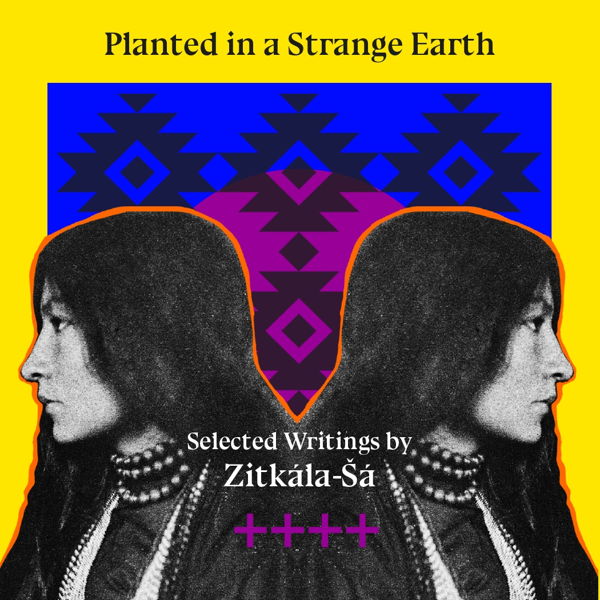
“To have [Zitkála-Šá’s] work collected here now speaks to the tenacity of her spirit, her insistence on being heard across generations. Speaking of herself, of her world, she teaches us how to be now.” –Erin Marie Lynch, foreword
Planted in a Strange Earth: Selected Writings by Zitkála-Šá brings together fiction, nonfiction, and poetry by one of the most influential yet underappreciated activist-artists of the twentieth century. Zitkála-Šá (also known as Gertrude Simmons Bonnin, 1876-1938) spent her early years on the Yankton Indian Reservation before becoming a pupil, teacher, and reluctant poster child of the Indian boarding school system. Her first national publications marked a definitive break with the oppressive ideas behind her education, and her early fame as a musician and writer evolved into a decades-long political career fighting for Native rights.
The collection focuses on the author’s writing on assimilationist projects of the late nineteenth and early twentieth century and their impact within Native communities and individuals. Zitkála-Šá’s voice is lyrical, bold and fresh–even over 100 years after initial publication. Her writing captures the intense beauty and pain of growing up and explores what it means to forge an identity in the face of cultural erasure. These are essential feminist texts that dig into the cruel tensions of an era through the eyes of an author who spent a lifetime “actively testing the chains which tightly bound [her] individuality like a mummy for burial.”
Designer Kassie John created a special zine for this collection that readers can download, print, and fold into a free mini-book at home (complete with a coloring page illustration of Zitkála-Šá!).
